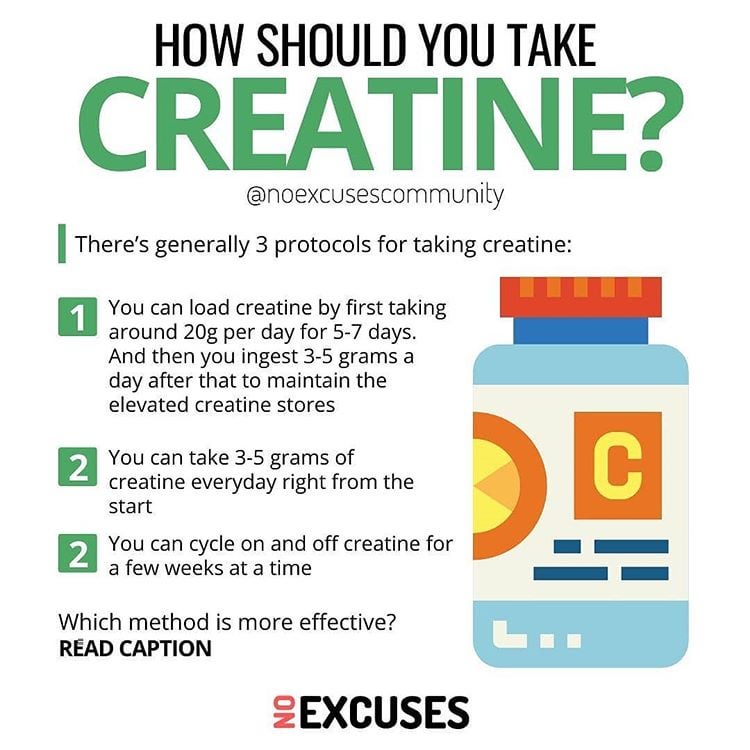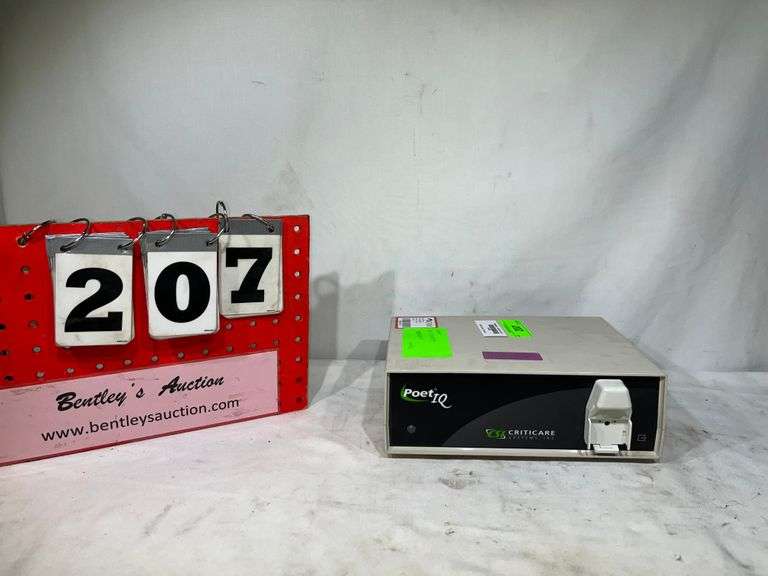Should You Take Creatine? A Comprehensive Overview

Table of Contents
What is Creatine and How Does it Work?
The Science Behind Creatine:
Creatine is a naturally occurring organic acid that plays a crucial role in energy production within your muscles. Chemically, it's known as methylguanidinoacetic acid, and its primary function is to help replenish adenosine triphosphate (ATP), the body's primary energy currency. During high-intensity activities like weightlifting or sprinting, your muscles rapidly deplete ATP. Creatine supplementation increases the availability of phosphocreatine (PCr), which acts as a reservoir for replenishing ATP, allowing you to perform more reps and sets with greater power. This enhanced energy production is the foundation of many of creatine's benefits.
Types of Creatine Supplements:
While creatine monohydrate is the most researched and widely recommended form, several other types exist, including creatine ethyl ester, creatine hydrochloride (HCL), and creatine magnesium chelate.
- Creatine Monohydrate: This is the most studied and effective form, offering excellent absorption and minimal side effects. It's generally considered the gold standard.
- Creatine Ethyl Ester: This form is touted for improved absorption, but research supporting its superiority over monohydrate is limited.
- Creatine HCL: Claimed to have better solubility and reduced bloating, but evidence supporting these claims needs further investigation.
- Creatine Magnesium Chelate: Combines creatine with magnesium, potentially offering synergistic benefits, although more research is needed.
Advantages and Disadvantages of Creatine Types:
| Creatine Type | Advantages | Disadvantages |
|---|---|---|
| Creatine Monohydrate | Well-researched, effective, inexpensive | Can cause water retention |
| Creatine Ethyl Ester | Potentially better absorption (unproven) | Less research, potentially more expensive |
| Creatine HCL | Improved solubility (unproven), less bloating (unproven) | Less research, potentially more expensive |
| Creatine Magnesium Chelate | Potential synergistic benefits with Magnesium | Less research, potentially more expensive |
Benefits of Creatine Supplementation
Increased Muscle Strength and Power:
Numerous studies demonstrate creatine's ability to significantly enhance strength and power output during high-intensity exercise. By increasing ATP availability, creatine allows for more repetitions and heavier weightlifting, leading to faster gains in muscle strength and power. This is particularly noticeable in short-duration, high-intensity activities.
Enhanced Muscle Growth:
Creatine plays a crucial role in muscle protein synthesis, the process responsible for muscle growth (hypertrophy). By promoting cell hydration and increasing muscle cell volume, creatine creates an anabolic environment that supports muscle gain and the development of lean muscle mass. This is further enhanced when combined with resistance training.
Improved Cognitive Function:
Emerging research suggests that creatine supplementation may also have cognitive benefits, particularly for individuals with certain cognitive impairments. It may improve memory, learning capacity, and overall brain function. This is attributed to creatine's role in energy production within brain cells.
Key Benefits for Different Populations:
- Athletes: Enhanced performance in strength, power, and high-intensity sports.
- Older Adults: Potential benefits in muscle strength, power, and cognitive function.
- Vegetarians/Vegans: A convenient way to supplement creatine, which is naturally found in meat.
Potential Side Effects and Precautions
Common Side Effects:
While generally safe, creatine supplementation can cause some minor side effects, most commonly:
- Water retention: This leads to short-term weight gain, often mistaken for actual fat gain.
- Gastrointestinal issues: Some individuals may experience mild stomach upset, bloating, or diarrhea.
- Muscle cramps: Although rare, muscle cramps can occur in some individuals.
These side effects are typically mild and temporary, usually resolving within a few days or weeks.
Who Should Avoid Creatine?
Individuals with pre-existing kidney problems should consult a doctor before taking creatine. Pregnant or breastfeeding women should also avoid it. Anyone with concerns about potential side effects should seek medical advice.
Proper Dosage and Cycling:
The typical recommended dosage of creatine monohydrate is 3-5 grams per day. Some individuals use a loading phase of 20 grams per day for the first 5-7 days to rapidly saturate muscle creatine stores, followed by a maintenance dose of 3-5 grams per day. Cycling creatine involves periods of supplementation followed by periods of rest to potentially reduce the risk of tolerance.
Strategies for Minimizing Side Effects:
- Stay well hydrated.
- Start with a lower dose and gradually increase.
- Monitor for any adverse effects.
Creatine vs. Other Supplements
Comparing Creatine to Alternatives:
Creatine is often compared to other popular supplements, such as protein powder and branched-chain amino acids (BCAAs). While protein powder is crucial for muscle growth and repair, and BCAAs aid in reducing muscle breakdown, creatine uniquely enhances energy production and power output, making it a valuable addition to a comprehensive fitness supplement regimen.
Creatine vs Other Supplements:
| Supplement | Pros | Cons |
|---|---|---|
| Creatine | Increased strength, power, muscle growth | Potential water retention, gastrointestinal issues |
| Protein Powder | Muscle growth, repair | Less impact on immediate power and strength |
| BCAAs | Reduced muscle breakdown, improved recovery | Less impact on strength and power |
Conclusion
Creatine supplementation offers a range of potential benefits, including increased muscle strength and power, enhanced muscle growth, and possible cognitive improvements. While generally safe, it's essential to be aware of potential side effects and consult a doctor before starting any new supplement, especially if you have pre-existing health conditions. Choosing the right creatine form, adhering to recommended dosages, and employing safe usage strategies will help you maximize benefits and minimize risks.
Ready to explore the potential of creatine for your fitness goals? Consult your doctor and do your research before starting any new supplement regimen. Learn more about creatine and its effective use by [link to relevant resources/products]. Understanding creatine benefits and how to properly use creatine supplements can significantly enhance your fitness journey.

Featured Posts
-
 Get Ready For Nhl 25s Arcade Mode Comeback
May 16, 2025
Get Ready For Nhl 25s Arcade Mode Comeback
May 16, 2025 -
 Tony Gilroys Andor A Defining Star Wars Experience
May 16, 2025
Tony Gilroys Andor A Defining Star Wars Experience
May 16, 2025 -
 Andor Season 2 Analyzing Fan Anxiety Over The Delayed Trailer
May 16, 2025
Andor Season 2 Analyzing Fan Anxiety Over The Delayed Trailer
May 16, 2025 -
 Vont Weekend 2025 104 5 The Cat Event In Pictures April 4 6
May 16, 2025
Vont Weekend 2025 104 5 The Cat Event In Pictures April 4 6
May 16, 2025 -
 Dangerous Everest Attempt Concerns Over Week Long Climb Using Anesthetic Gas
May 16, 2025
Dangerous Everest Attempt Concerns Over Week Long Climb Using Anesthetic Gas
May 16, 2025
